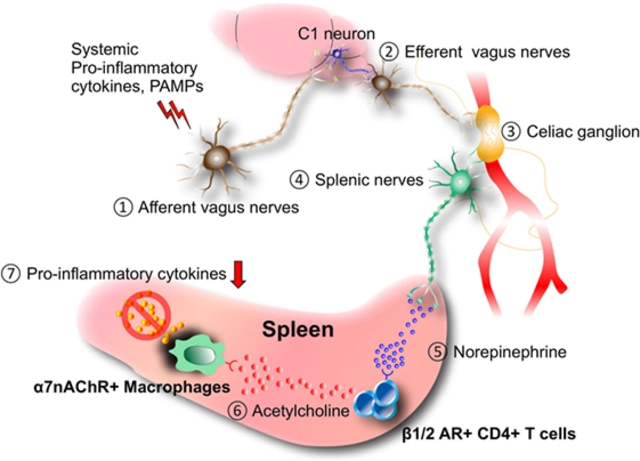Parasitic infections: how to spot them and get the right treatment
Parasitic infections can look like common stomach bugs, skin rashes, or persistent fatigue. If you have long-lasting diarrhea, unexplained weight loss, itchy skin, or bloating after travel or eating risky food, think parasite. Quick testing and the right drug usually clear things up fast, so don’t sit on symptoms.
Common parasites and usual treatments
Different parasites need different drugs. Giardia lamblia often causes watery diarrhea and cramps; doctors usually prescribe metronidazole or tinidazole. Entamoeba histolytica (amebiasis) may need metronidazole followed by paromomycin to clear intestinal cysts. For common helminths (worms) like pinworms, roundworms, or hookworms, albendazole, mebendazole, or ivermectin are the go-to medicines. Tapeworms usually require praziquantel.
Side effects vary: metronidazole can cause nausea and a metallic taste; albendazole may cause mild liver enzyme rises. Tell your provider about pregnancy, liver disease, or other meds—some combinations are unsafe. If you’re taking other prescriptions, get a drug interaction check first.
Alternatives when first-line drugs aren’t suitable
If metronidazole isn’t an option, tinidazole is often effective and sometimes better tolerated for Giardia. For intestinal amebiasis, paromomycin is a safer follow-up in pregnancy. When resistance or allergies rule out a drug, your clinician may pick a substitute based on the specific parasite and test results. Articles on our site compare metronidazole and Flagyl alternatives and explain when each substitute fits—use those guides if your provider suggests a different plan.
Testing matters: stool ova and parasite tests, antigen tests, or PCR will guide the right choice. Treating without testing can miss the right drug or the right duration, and that leads to relapse.
Prevention is straightforward: wash hands, cook food properly, avoid untreated water, and practice good hygiene after handling animals. Traveling? Boil or filter water and peel fruits yourself. For kids in daycare, handwashing cuts transmission dramatically.
Buying medicine online? Be cautious. Use licensed pharmacies, require a prescription when needed, and avoid sites offering major drugs with no prescription. Our site has practical tips on safe online purchases and how to spot shady pharmacies—use those checklists before you buy.
If symptoms are severe—high fever, bloody diarrhea, dehydration, severe abdominal pain, or signs of systemic infection—seek care now. For milder, non-urgent cases, consult your primary care doctor or a travel clinic for testing and a tailored treatment plan.
Want help finding the right drug or understanding alternatives? Check our specific guides on metronidazole alternatives, Flagyl substitutes, and antiparasitic dosing. They give concrete options and what to expect during treatment so you and your clinician can pick a safe, effective plan.

Giardia and pinworms are two of the most common parasitic infections. Learn how they spread, what symptoms to watch for, and how to treat them effectively with proven medications and hygiene practices.
In my recent exploration of the connection between health and cognitive abilities, I've discovered that parasitic infections can have a significant impact on our mental performance and cognition. These infections, often caused by organisms like protozoa, helminths, and ectoparasites, can lead to cognitive decline and even hinder our ability to learn and think clearly. In some cases, these parasites can even cause severe neurological complications. As I delved deeper into this topic, I realized the importance of being aware of these potential risks and taking preventative measures to protect our cognitive health. Stay tuned for more information about how to safeguard your mental well-being from the effects of parasitic infections.






